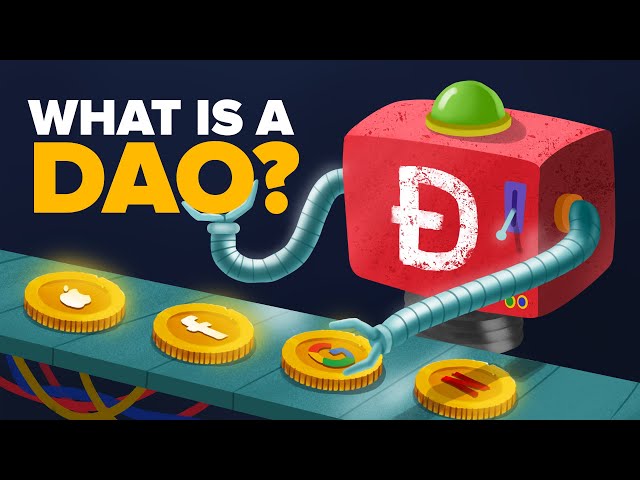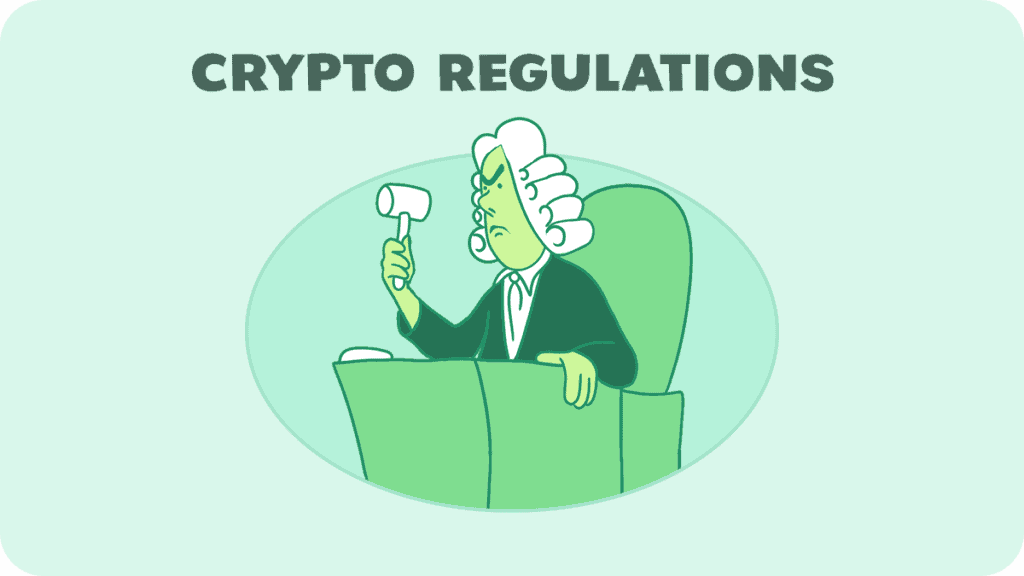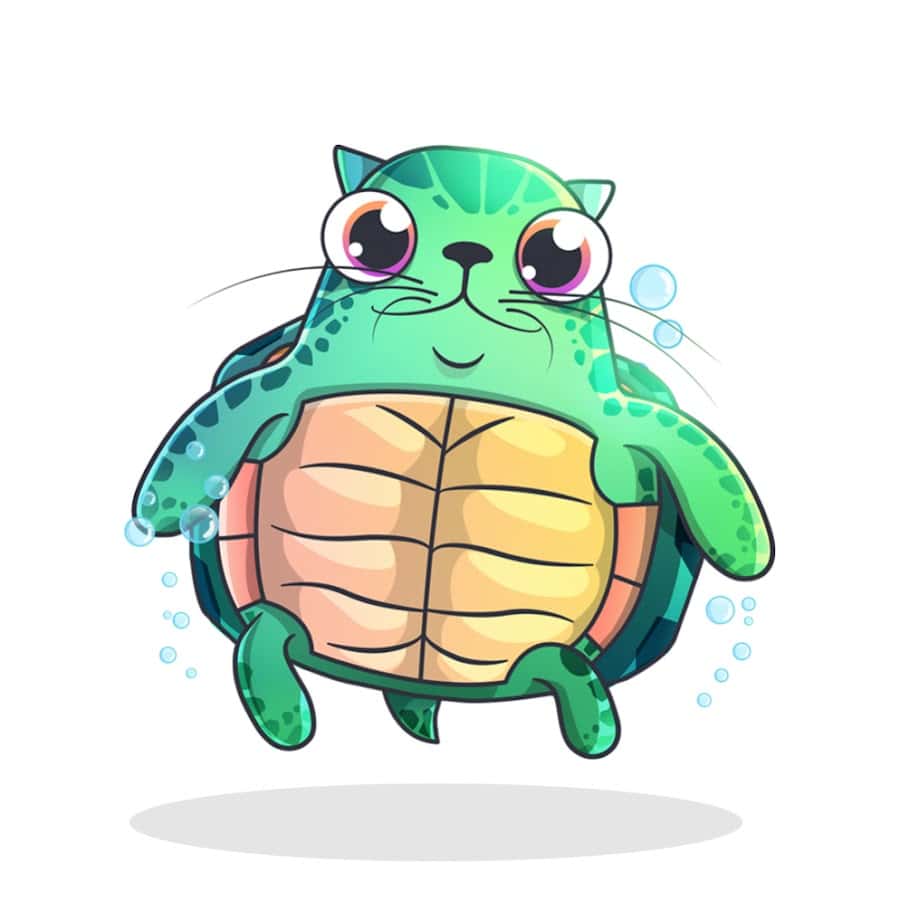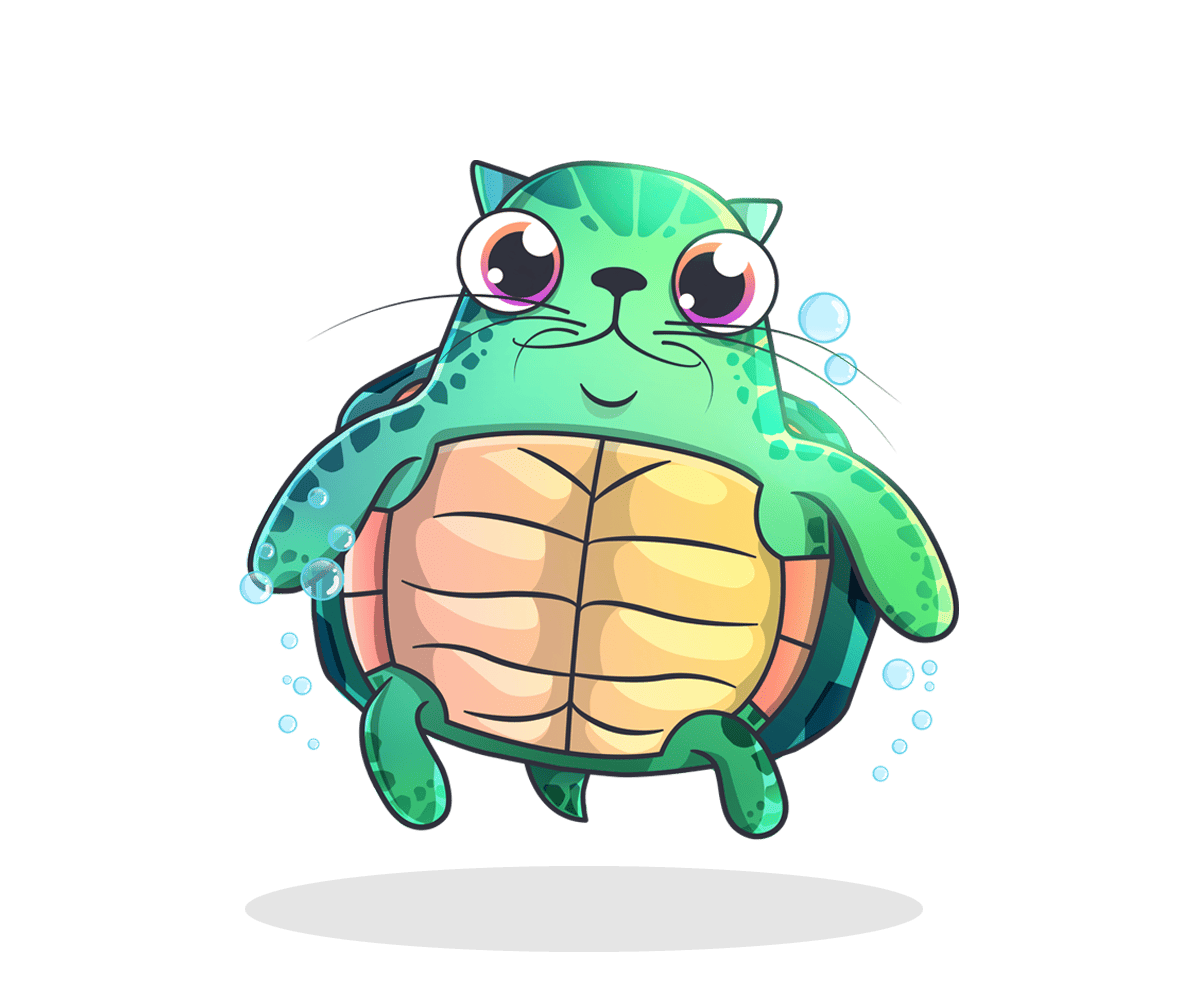You probably know how a vending machine works. It acts as a middle man for your food cravings, you pay the machine and it gives you whatever snack you bought.
This advanced technological box, this vending machine, still needs humans to run it though. There still needs to be humans who pay the electric bill. There still needs to be a human who checks when it is low. Then, when it is low, there needs to be someone who orders more of the product.
Then after the product arrives, someone still has to restock the machine. Even more so, someone has to collect the money and maybe replace some quarters. So even though this is a technological box designed to help people without needing a human, it still requires a human.
Let’s dig in.
What is a DAO?

DAO is an acronym that stands for Decentralized Autonomous Organization. This means it is an organization run by code agreed upon by the people who started the DAO.
Smart Contracts can do just about anything if you are smart enough to program them to do so. This means that instead of asking for a raise from your boss, or trying to decide who to hire from a list of applicants, a smart contract will simply do these tasks, making the whole organization self-sustainable, or autonomous.
This blog seems to teach best by examples, so let me expand upon the vending machine example we used during the intro.
If a vending machine was a DAO, then every part of the process where a human was needed, we would replace it with code. Or at least code-versions of humans: robots.
Basically, we would make sure the vending machine could automatically check it’s own stock, and when it was low, we would make sure that they could send their server the information of what products needed to be restocked.
Then, when the stock arrived, a robot would restock the machine with the new product, and also take out the cash to deposit into a bank somewhere.
In reality, this doesn’t seem possible, but this is essentially how a DAO works.
How Does a DAO Work?
Do you know big companies like Apple and Netflix and Walmart all have board meetings? At these board meetings, shareholders of the companies get to vote and make decisions for the company, and then the CEOs get to make sure that decisions are followed-through using the chain of command in the company.
In a DAO, there are no CEOs. Instead, once a decision is made, the code of a platform is changed so that the whole company, so to say, is changed immediately.
The purpose of this is so that computers and code will perform much of the decisions and simple, routine operations that a company like Apple or Netflix or Walmart requires to function. You may be wondering, “code can’t improve itself,” and you’d be wrong, but you’d be on the right track of where this article is going.
DAOs can continually improve and grow because their shareholders can submit and vote on changes to them. Usually, in the world of crypto, a DAO may launch with a few million tokens. Every token is a vote, and whoever holds the most tokens can have the largest votes.
This gives the tokens a price, and also a use. It also allows the DAO to improve, make changes, and evolve as the world evolves. This includes hiring, voting on salary, and technically employing certain developers within the autonomous organization. Most likely, it would pay its employees using cryptocurrencies.
In the case of the vending machine, we can say if it made any profits, it would redistribute those profits to the shareholders through it’s native token. There are many ways this could happen, but any token holder would supposedly get an increase in value if the vending machine DAO made a profit.
So this potential profit, along with voting rights, makes holding a DAO token much more valuable than any other useless token you might see on the subreddit r/CryptoMoonShots.
Benefits of a DAO

There are many benefits of a DAO, so let’s cover them.
1) Trustless
This is probably the biggest benefit to a DAO. In fact, you do not need to trust any CEO or Manager or Leader with your decision making skills. The program, or the organization, will continue no matter if a major developer stops working or even if funding goes away.
2) Can’t be shut down
In the case of major corporations, the CIA or FBI or major government service can technically step in and be like “we’re shutting you down” or even “give us all the information you have on this guy.”
And if you’re in the US you’d be forced to comply. In a DAO, the only way they could make that happen is if they had a very large amount of tokens and submitted a proposal to be voted on and went through the voting process fairly—they couldn’t skip the line.
3) Open source
DAOs are also open-source, meaning their code is out there for any to look at and even improve upon. Open source projects are usually much more reliable simply because other programmers can help the main developers find bugs and propose ways to fix them.
Downsides of a DAO
Even though DAOs sound like a great idea, there are many reasons big corporations haven’t transitioned to them yet.
1) Vulnerable to attacks
Since anyone can look at code, it also means attackers can look at it. By knowing intimately how it works, they can reverse-engineer attacks and even test the code before deploying it to make sure it works. If their code works, they could ruin the DAO or steal it’s money.
2) No business secrets
Research and Development is usually information that corporations have spent a lot of money and time on without any significant return. They do this in hopes that one day it will pay off, because they will have something no other company has.
In a DAO, business secrets are difficult to keep secret since the code is open source and anyone can look at how the DAO is set up.
Real Life Examples of DAOs
These ideas are good in theory, but are there any actual, real-life examples of a DAO? Yes, here are a few:
- MakerDAO
- Aragon
- MetaCartel
- Gitcoin
- DASH
- The DAO
Probably the most important and most famous DAO is one called “The DAO.” The DAO is a venture capitalist fund created in 2016 that is well known for it’s failure. In fact, around 20,000 investors pooled around $150,000,000 into the project.
“The DAO”
The account of The DAO was hacked, and $50 million worth of ETH was lost due to attackers. This is in fact why we have Ethereum and Ethereum Classic.
Ethereum Classic is the original blockchain that still has this money hacked. However, developers realized it wasn’t right that $50 million was hacked and realized they could make a new blockchain where this money was given back. And so they did.
This is how we have Ethereum today. In fact, they did what is called a “hard fork.”
Conclusion
So, in short, for organizations, right now we use people. However, in the future, maybe we will use smart contracts and code.
DAOs democratize decisions, so it isn’t just a small group of stakeholders that get to make decisions, but anyone who wants to be involved can be.
Thanks for reading, we hope you enjoyed it, and we really hope you learned something.

